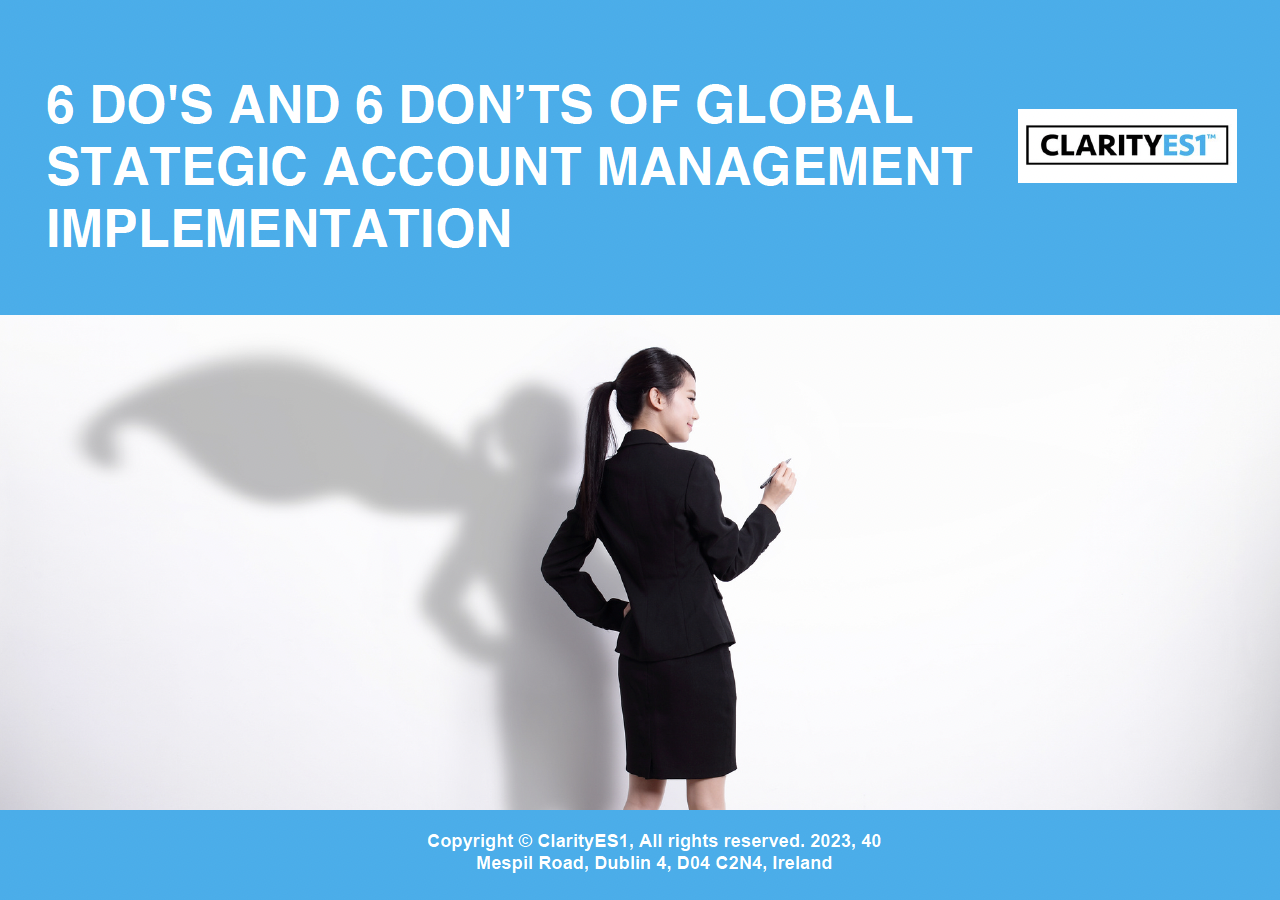Changes in the Pharmaceutical sales model have forced Global Pharmaceutical Sales Leaders to invest in new selling strategies in recent years. However, many of these New Commercial Models (NCMs) are not proven to produce success. An area of uncertainty for a Pharma sales strategy is the decline of the previously successful, tactical, sales rep-to-doctor model.
EVOLVE OLD STRATEGIES
Implementing Strategic Account Management has proven successful. Even so, more and more resources are being allocated to novel methods of reaching customers, despite no clear and proven ROI for these activities. In addition, this also seems to suggest it may be due to a lack of knowledge or skills when implementing a digital pharma sales strategy.
BARRIERS TO CHANGE
Furthermore, Pharma had now realized that the old tactical sales strategies are not effective in a new, changing marketplace.
It has been noted that many companies have simply tweaked their old models in an attempt to adapt to a changing market. This has been done in place of implementing new strategies.


SAM ACCOUNT MANAGEMENT
SAM has proved successful when implemented correctly.
The diagram on the left shows that most would agree that the Pharma industry has mostly re-purposed the old sales rep model towards account management, without any real change being affected.
NEW MODELS TESTED
- – Product-specific value-added services
- – Above the brand services
- – Joint research/analytics with payers and providers
- – Disease management services
- – Innovative pricing and contract structures
- – SAM
- – Clinical Sales Force
- – Patient/Physician Portals
- – Social Media
- – Dynamic Channel management
- – Product/Budget outcome models
We can see that many NCMs have been tested, but which of these have actually potential for success?
Almost all respondents had put in place a SAM strategy.


Respondents stated that social media promotion was the least successful strategy they had implemented.


MIXED RESULTS
First of all, while many execs appreciated the speed and reach that these digital tools can provide, it was also noted that they did not employ effective targeting methods. Content strategies such as Above the brand services and joint research/analytics had delivered poor ranking as a result. They saw roughly equal levels of satisfaction/dissatisfaction.
In addition, there was also a difficulty noted in measuring the ROI of these approaches. This can sometimes be a problem with a poorly implemented content strategy. Hence, this contrast could indicate that the success may depend more on execution and is company or brand-dependent.
The survey results and conversations with clients have found that quite often ROI is not consistently “measured.” In those conversations, opinions have tended to be based less on actual data and verifiable ROI, and more on companies’ impressions of how various commercial elements are performing. Perhaps then, it is unsurprising that there were such confusing results.
RETURN ON INVESTMENT?
Lack of a measurable ROI is a common problem reported for NCMs, especially for digital and content tools. Respondents stated that digital tools have a troubling lack of focus in their application as well as some “meaningful benchmarks to assess success”. Digital tools will require more education on behalf of those who implement them to ensure success.


WHAT’S NEXT?
Results show that executives will continue investing in digital tools, despite the apparent lack of success and difficulty of measurement. 65% expects to increase digital interactions over the next year or so. Support will be centred around digital tools.
Additionally, over 83% of executive expect to further restructure their commercial model in the next 2-3 years to complement overall strategic investments.
First step recommendation
It is for companies to fully embrace the alternative personal selling or SAM methods as their Pharma Sales Strategy (if they have not already or if they’ve done so in a way that’s not delivering the expected value). It will be critical to continue evolving the capabilities here – including targeting tailored value propositions, fostering organizational alignment, and ensuring a better fit with local selling strategies.
Credits: PwC Strategy & Global Pharma Marketing & Sales Study, PharmExec.com Tomorrows Selling Strategies: Invest & Test
Would you like to read more of our blog post? Our latest ones are about how to engage customers in 2022:
https://clarityes1.com/blog/how-to-elevate-customer-engagement-in-2022/
https://clarityes1.com/blog/how-to-approach-digital-strategies-in-2022/

